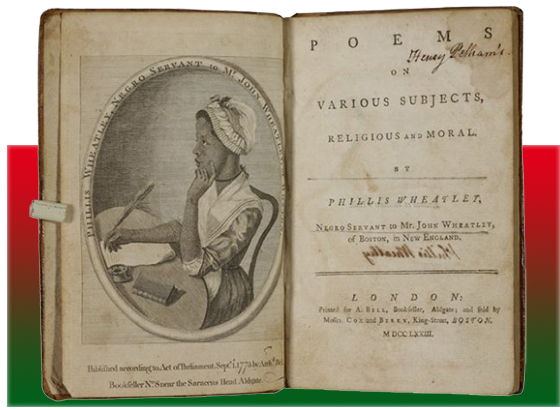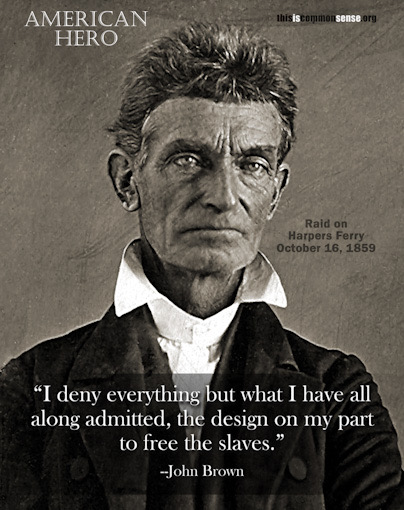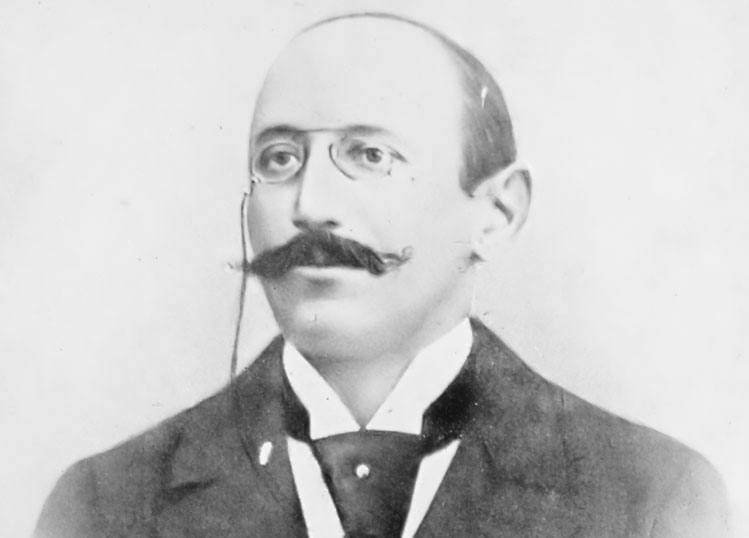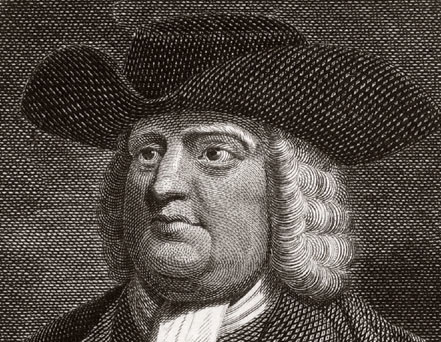On October 18, 1775, African-American poet Phillis Wheatley was freed from slavery, upon the death of her master. Widely appreciated in her day, she was the first African-American to publish a book.
An African-American First


On October 18, 1775, African-American poet Phillis Wheatley was freed from slavery, upon the death of her master. Widely appreciated in her day, she was the first African-American to publish a book.
“The date was October 17, 1909 — the fiftieth anniversary of John Brown’ famous (some say infamous) raid of the federal armory and arsenal at Harpers Ferry, Virginia, which ended with the deaths of most of Brown’s small band of men and led to the execution of Brown, making him the most celebrated martyr to the cause of abolition.” So begins The Secret Six: The True Tale of the Men Who Conspired with John Brown (1995), by Edward J. Renehan, Jr.
As the author goes on to explain, it was a big occasion, with many ceremonies, including an inconspicuous one “not far from the site of the engine house where John Brown’s enterprise ended in defeat, a small group of aging abolitionists held a quiet prayer meeting — anxious not to be taken much notice of.” But in Concord, Massachusetts, the “most poignant exercise in memory” took place: “the surviving remnants of the Secret Six, that small, enigmatic cabal of northern aristocrats who financed John Brown’s strange adventure.”
Those attending this meeting were two conspirators, Thomas Wentworth Higginson (December 22, 1823 – May 9, 1911) and Franklin Sanborn (December 15, 1831 – February 24, 1917), as well as Julia Ward Howe (May 27, 1819 – October 17, 1910), widow of a third conspirator, Dr. Samuel Gridley Howe (November 10, 1801 – January 9, 1876). Not present, because long dead, were Reverend Theodore Parker (August 24, 1810 – May 10, 1860), Gerrit Smith (March 6, 1797 – December 28, 1874), and George Luther Stearns (January 8, 1809 – April 9, 1867).
Print out a commemorative poster:

On this day in 1859, abolitionist John Brown led a group of 21 men — 14 white, seven black — on a raid of the federal armory at Harpers Ferry, Virginia (then; since 1863, West Virginia), to capture weapons and initiate a slave revolt in southern states.
Brown’s forces initially captured the armory, which had only one guard on duty that night, but the expected uprising did not occur. Soon the raiders were blocked from any escape by townspeople and local militiamen and then overwhelmed by federal troops sent into the town (commanded by Colonel Robert E. Lee, who would later lead the Confederate armies).
Ten of Brown’s men were killed during the incident; seven were captured, tried, convicted and executed, including John Brown; and five escaped. Two enslaved African-Americans joined Brown’s cause and also died in the fighting. Battling against Brown’s raiders, a Marine and four townspeople lost their lives, including the town’s mayor and a free African-American.
Though the raid on Harpers Ferry was a failure, it set the union on the road to disunion, war, and the end of slavery.
“John Brown began the war that ended American slavery and made this a free Republic,” Frederick Douglass would write in remembrance of this event. “Until this blow was struck, the prospect for freedom was dim, shadowy and uncertain. The irrepressible conflict was one of words, votes and compromises. When John Brown stretched forth his arm the sky was cleared. The time for compromises was gone — the armed hosts of freedom stood face to face over the chasm of a broken Union — and the clash of arms was at hand.”
Print out a commemorative poster:


On October 15, 1894, Alfred Dreyfus (1859 – 1935) was arrested for spying: The Dreyfus Affair began. And thus began a scandal that brought anti-Semitism into the cultural center.

On October 14, 1644, Willliam Penn was born. An English real estate entrepreneur, philosopher, and founder of the Province of Pennsylvania (the English North American colony and future Commonwealth of Pennsylvania), he was an early champion of democracy and religious freedom, notable for his good relations and successful treaties with the Lenape Indians. Penn died in 1718.

On October 13, 1870, American social critic and education theorist Albert Jay Nock was born. Nock was the author of a number of books, including Jefferson, the Man and Our Enemy, The State, but was probably most famous for his intellectual autobiography, Memoirs of a Superfluous Man, which was widely read and admired amongst conservatives in the 1950s and ’60s.